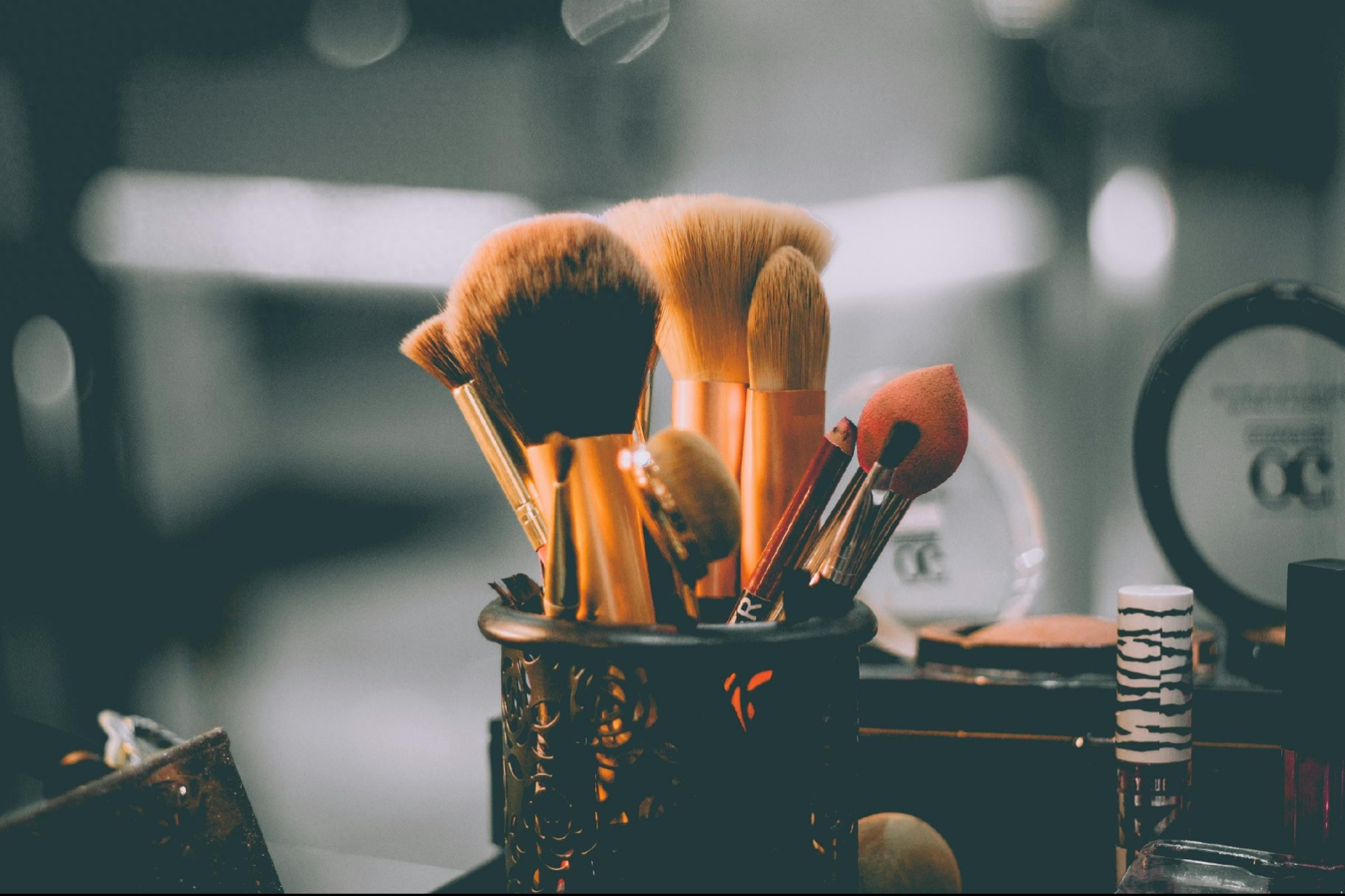Shihyo: End of an Era Amid Market Turmoil
Advertisements
In a striking development within the beauty industry, the luxury skincare brand Shihyo announced the closure of its official website on February 8, signaling a full shutdown of its operations, including the secure destruction of user data. This marked a significant retreat from the Chinese market, where it had already ceased operations of its Tmall overseas flagship store in January. Currently, searches for its official storefront on mainstream e-commerce platforms such as Douyin, Xiaohongshu, and JD.com yield no results, indicating a clear absence.
Tracing back to the inception of Shihyo, the brand's origins are backed by a formidable partnership. Launched in November 2022, Shihyo was a joint venture between the L'Oréal Group, South Korea's Shilla Hotel, and the private equity firm Anchor Equity Partners through a third-party company called Loshian. The Shilla Hotel, the parent company of Shilla Duty Free, is a significant player in South Korea's luxury retail and hospitality sectors, affiliated with the Samsung Group. Meanwhile, Anchor Equity Partners specializes in leveraging growth opportunities in South Korea and North East Asia, bringing a wealth of experience in business operations.

The creation of Shihyo was a merger of L'Oréal's advanced beauty research and development capabilities, Shilla's luxury retail distribution channels, and the financial acumen of Anchor Equity Partners. This collaboration aimed to develop a uniquely competitive luxury skincare brand. At its launch, Shihyo showcased its ambitious goals. L'Oréal had earlier indicated that its first flagship store, the “Seoul Garden,” would open at The Shilla Hotel in Seoul. This venue was intended to offer consumers an immersive luxury skincare experience alongside a curated selection of high-end products.
The name Shihyo, which symbolizes “the wisdom of time,” was presented as embodying principles derived from "the twenty-four solar terms" of Asia at the onset of its brand promotion. Its initial product range included twenty-four different herbal ingredient ampoules, with each ingredient harvested according to seasonal cycles and sourced directly from local farmers in Korea. Furthermore, every formula from Shihyo incorporated a signature ingredient called “ShiHyo24,” a nutrient-rich patented concentrate that combines twenty-four herbal components with fermented rice water and ginseng water. However, this promotional strategy sparked considerable controversy. The brand’s portrayal of its product inspirations blurred the fact that the twenty-four solar terms originated from China, swiftly inciting dissatisfaction among Chinese netizens and casting a negative light on L'Oréal Group.
In an effort to rectify this misstep, L'Oréal China issued an apology on Weibo on November 25, 2022, acknowledging that the twenty-four solar terms are a valuable cultural heritage originating from China, constituting an essential part of traditional Chinese culture while also recognizing the extensive influences on other Asian cultures.
Shihyo made its first appearance at the fifth China International Import Expo (CIIE) in 2022, marking its entry into public consciousness as a brand under L'Oréal Group. The following year, it attempted to gain a foothold in the Chinese market by opening an overseas flagship store and establishing a presence on mainstream social platforms. Despite these efforts, the reality proved disheartening. Analyzing the current market landscape, Shihyo has not only failed to make a significant impact in China but is also quietly withdrawing from the scene. Its official WeChat account ceased updates by September of last year, and its Xiaohongshu account stopped posting in January, with a meager follower count below 1,500.
This trend does not appear to be an isolated case. A recent performance report from L'Oréal disclosed that while the group's overall performance displayed steady growth, the North Asian market, including China, registered as the only region experiencing a downturn among L'Oréal's five major markets. For 2024, sales figures for North Asia were recorded at approximately €10.3 billion (around 779.9 billion RMB), reflecting a year-on-year decrease of 3.2%. Against this market backdrop, L'Oréal has been making several strategic adjustments to its brand portfolio in China over the last couple of years. For instance, in May 2024, its cosmetics brand NYX Professional Makeup announced the closure of its Tmall overseas flagship store by June 21, halting new orders while maintaining operations for its overseas JD.com flagship store. Similarly, by September of the same year, the official online sales channels for another brand, Miji, were also shuttered, with L'Oréal citing strategic realignment and advising consumers to pursue offline purchase options for Miji products.
The competitive landscape of China's beauty market is intensifying, leading to a rapid acceleration in market eliminations. For smaller, niche beauty brands like Shihyo, which are supported by large conglomerates, navigating this challenging environment and accurately positioning their unique advantages have become critical challenges for survival and success. The withdrawal of Shihyo serves as a cautionary tale to the beauty industry, emphasizing that in the turbulent waves of market fluctuations, brands must prioritize continuous innovation and precise positioning to establish their foothold amidst fierce competition.
Leave a comments